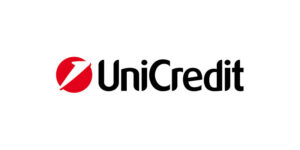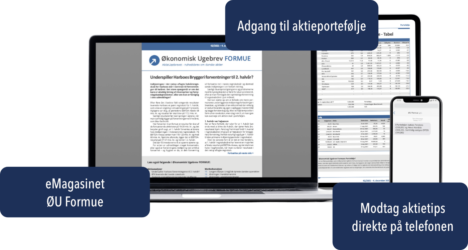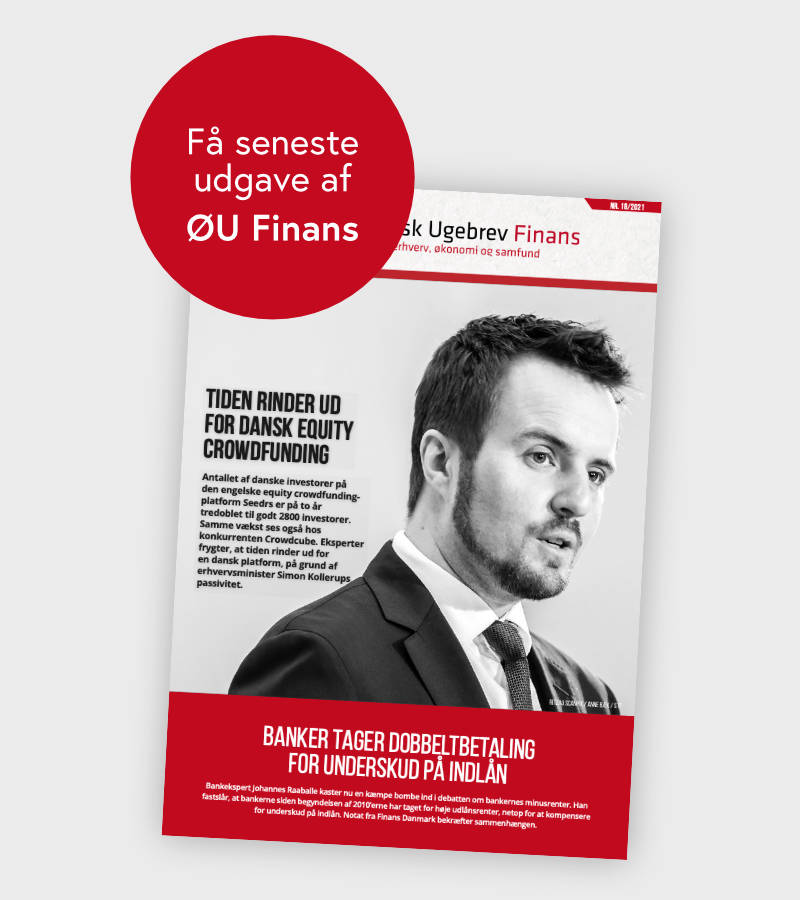With an alliance with the UK equity crowdfunding platform Seedrs, Danish Capdesk can now offer its users to trade their employee shares in a liquid market. The plan is to create a new European market for shares in start-ups. Professor sees this type of marketplace as a tool for new companies to put a preliminary value on their shares before an IPO. Editor Peder Bjerge explains the story.
“We are rolling out a secondary stock market in Europe.”
The ambitious plan comes from a company that until now has been an unnoticed part of the fintech world. To date, Denmark’s Christian Gabriel’s company Capdesk has offered start-ups and larger companies to keep track of shares that may be scattered among investors, employees and founders. Such shares are, as a general rule, illiquid, in fact almost like a lottery ticket, with owners having to wait to see if there will be a profit from a possible later stock market listing.
“How else could they ever sell their shares? Companies have been able to solve that by having Capdesk create a digital platform to register those shares, so they can be traded,” he says.
OPENS ITS MARKET
According to Professor Jan Damsgaard, Copenhagen Business School (CBS), this type of new marketplace, such as Capdesk, is an advantage for young unlisted companies, as it gives them a preliminary value for their shares, for example before a later stock exchange listing.
“In the start-ups where I am, it is very difficult to price the companies’ shares. A marketplace can help determine what the shares can trade for under existing conditions. It’s a long way from a garage where two or five people start a business until the company goes on First North,” he says.
According to Jan Damsgaard, the market is growing as more start-ups and other companies use employee shares and options to attract and retain attractive employees. He points to the democratisation of the stock market with fintech, which makes it possible to bypass the high costs of using the traditional financial sector.
“This type of offering can help complement the traditional stock market,” Jan Damsgaard says.
Last year, Capdesk took the step away from being solely an online share management platform towards being a market. It did so with an alliance with equity crowdfunding platform Seedrs, which meant Seedrs opened its secondary market to trading for shares registered with Capdesk.
“If you have shares as an employee or just as a shareholder in a company that hasn’t been on Seedrs, we can post your shares to the Seedrs market, where they can be traded. It becomes, in fact, a pure marketplace for more than just those who have crowdfunded companies,” Christian Gabriel says.
Seedrs isn’t the only crowdfunding platform with a secondary market. Finland’s Funderbeam has a smaller market. And the other major UK platform, Crowdcube, has only just launched a market in May, too.
SIMPLY PRESS A BUTTON
According to Christian Gabriel, the fundamental problem with these markets is that they are focused on very small businesses, where there are difficulties in finding both sellers and buyers. Instead, there is much more interest in both buying and selling once companies have become more mature, perhaps a year or two before an IPO, he believes.
“With our share registration platform, companies can simply press a button that allows shareholders to trade their shares. With our solution, they can both trade and sell,” Christian Gabriel says.
This business plan has helped attract new capital to his company, which he founded back in 2015 after a career in crowdfunding and other areas. Last year, Capdesk raised just under €10 million in an investment round. So far, it looks promising. This spring, Capdesk helped a UK company complete secondary share sales for over €3 million.
“The vast majority of companies don’t get listed at all, so their shareholders don’t have any liquidity. Other companies do this to clean up their shareholder base, as it is easier to raise capital with a smaller shareholder base. At the same time, companies can let a strategic investor buy out former shareholders,” says Christian Gabriel.
Peder Bjerge














